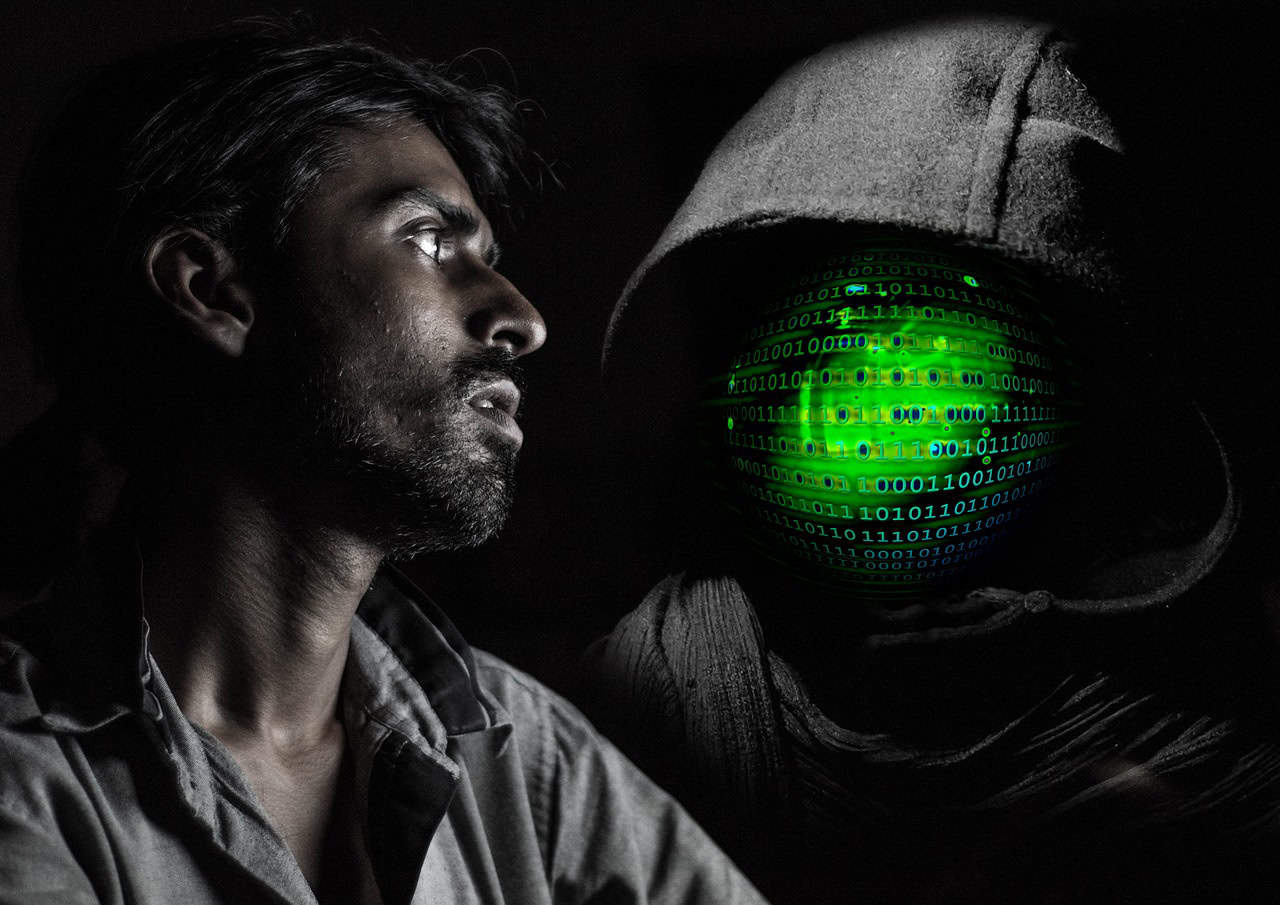Technological advances are transforming local governments of all sizes and locations, providing increased transparency and streamlined operations.
The wide range of digital and electronic innovations has improved the deficiency of government services including clerks and tax assessors, police officers, fire fighters, municipal employees, and more.
The Internet has made having interconnected systems possible which leads to better communication between local governments and residents.
Residents are able to access online billing systems, utilities, property taxes, and other city services and communicate with government agencies.
Cities that have implemented these technological advances have proven to be more data-driven and electronically connected as well as more productive and efficient.
However, the benefits of technology can also bring disadvantages for municipalities.
As local municipalities become more high-tech, have a wider Internet footprint, and become more interconnected, they are increasing their vulnerability for a cyber attack.

One of the largest cyberattacks against a major US city occurred on March 2018 where attackers demanded a whopping ransom of $51,000 USD – to be paid in Bitcoin.
Atlanta was the victim of a remote ransomware attack in which anonymous hackers disabled online access, encrypted files, and demanded a $51,000 ransom, paid in bitcoin, in exchange for the decryption key to regain access to system files.
The city of Atlanta refused to pay the ransom demands and they ended up spending 7 million dollars to regain access and restore backups.
Furthermore, they were offline for nearly a week and had disrupted services and critical functions.
Disrupted services and items that were lost included years worth of body-cam and police dash-cam videos, municipal court systems not being able to access electronic records, Wi-Fi at the Jacksonville airport was shut down, the city’s online bill-payment system was offline, and several departments were forced to file paper reports, including the Police department.
The two Iranian citizens were responsible for the cyber attack on Atlanta were indicted but the damage has already been done.
When adopting smart technologies, where various municipal works are connected to a computer network or the Internet, municipalities often fail to ensure the technology is secure before implementation.
Network Intrusion Detection, File System access and Network Monitoring Software, some of which can be seen here, that are correctly employed and configured in your networks can bring down your risk tremendously of getting hacked and penetrated.
Without the proper security in place, a cyber attack could take control of municipal computes and could knock out pubic services including traffic light and water quality.
Cyberattacks against municipalities are become more and more prevalent as well as sophisticated and severe.
A few notable cyber attacks include:
- A ransomware attack on Baltimore in March took down the 911 dispatch system. It took 17 hours to fully restore the system and they had to operate in manual mode during the time they were under ransom.
- Rockport, Maine was attacked in April and the hackers disabled computers with encrypted files. The hackers demanded $1,200, to be paid in Bitcoin. The city of Rockport refused to pay the ransom and was able to successfully recover their files from a backup server.
- New Hampshire was hit with a Trojan malware called Emotet that collected email addresses and other contact information. It then sent out e-mails to residents that appeared to be from city officials asking them to pay invoices. The cost to manage the attack cost the city $156,813 according to an insurance claim they submitted.
- The widely used online software that over 46 municipalities use across the US for online bill pay of utilities, licenses, fines and permits was hacked. Click2Gov was compromised and as a result credit card and personal data was exposed when consumers paid utility bills online using the Click2Gov payment portal.

As you can see, the threat of cyber attacks to municipalities is prevalent and can do a lot of damage, both financially to the municipality, but also to the security and privacy of the residents.
Local government networks are attractive targets for cybercriminals and particularly susceptible to cyberattacks mainly because of the vast amounts of sensitive data they possess and maintain about infrastructure and their residents, including property tax information, social security numbers, tax and voter records.
Another reason that local municipalities are a tarter for cyber attacks is because they tent to have limited budgets for upgrading networks and security systems.
This makes them less prepared for the attack and more likely to pay the ransom to get their systems and data back.
With the cyberthreats against municipalities only increasing, local governments cannot be complacent.
Planning for a cyberattack is no longer optional and it is critical that local governments understand how to assess, mitigate, and prepare for those risks.
Along with having a solid backup and recover system in place, to protect them selves, municipalities have been implementing the following methods to better protect themselves and be prepared in the event of a cyber attack:
Multi-Factor Authentication
Multi-factor authentication is a security enhancement that requires a user to supply additional information besides just a username and password before being allowed to login to an account or gain access to a network or system.
Even if one password is hacked and stolen, there are multiple authentication credentials required making it harder for attackers to gain access.
In order for the authentication to be complete, a user must enter their login/password and then when prompted provide a passcode or security code, usually a temporary code sent by email or text (it can also be a fingerprint) to gain access.
While many apps and programs such as Office 365 already support multi-factor authentication, it is important not to overlook other critical software programs that are used by various departments.
Some other multi-factor authentication apps include Authy, Google Authenticator, or Salesforce Authenticator, or hire a third-party vendor such as Duo Security or PingID that offer cloud-based multi-factor authentication services.

Encryption
Encryption is an easy way to safeguard against unauthorized access to confidential data when a laptop, USB drive or mobile device is lost or stolen or when a message is intercepted by a third party.
Many employees routinely use laptops, USB drives and mobile devices to store and transmit sensitive data through e-mail, instant messaging, and other forms of digital communication.
Encryption is where readable text, documents, or other data are converted into unreadable, scrambled code that can only be read by those authorized to access it with a password or security key.
For example, both Apple and Microsoft offer built-in encryption software which allows for full encryption of an entire drive.
Apple’s operating system for desktop and laptop computers, Mac OS X, comes standard with FileVault and BitLocker is included with Microsoft Windows 10 Professional.
Password Management
One of the most important steps a municipality can take to prevent a data breach is to establish and enforce a password management policy for all employees.
For added security, passwords should be changed regularly (e.g., every 60-90 days) and never repeated.
Passwords should be unique and include a combination of letters, numbers, upper and lower case, and symbols.
There are lots of softwares out there that can be used to track and manage when passwords expire.
These software will send out alerts to employees when it is time to update passwords.
Cybersecurity is a critical issue for all municipalities regardless of size or location.
Being prepared is no longer just a topic of conversation, but a very real and urgent need that many municipalities are now implementing and actively working on.





